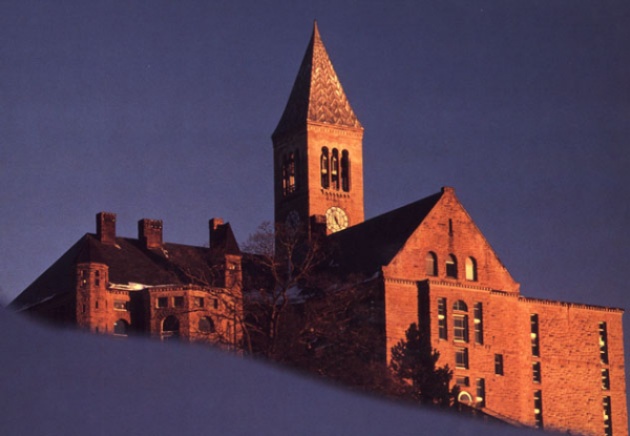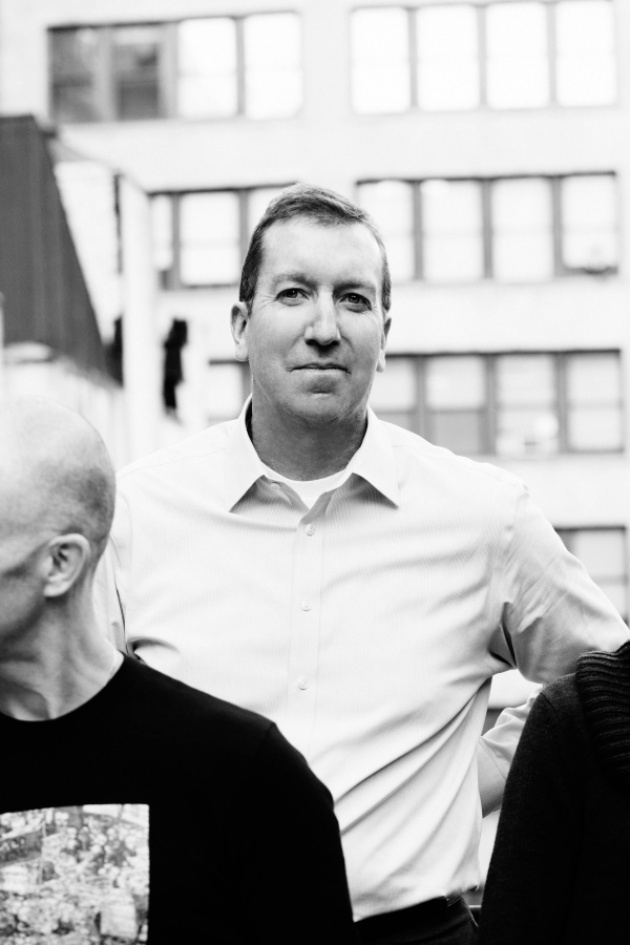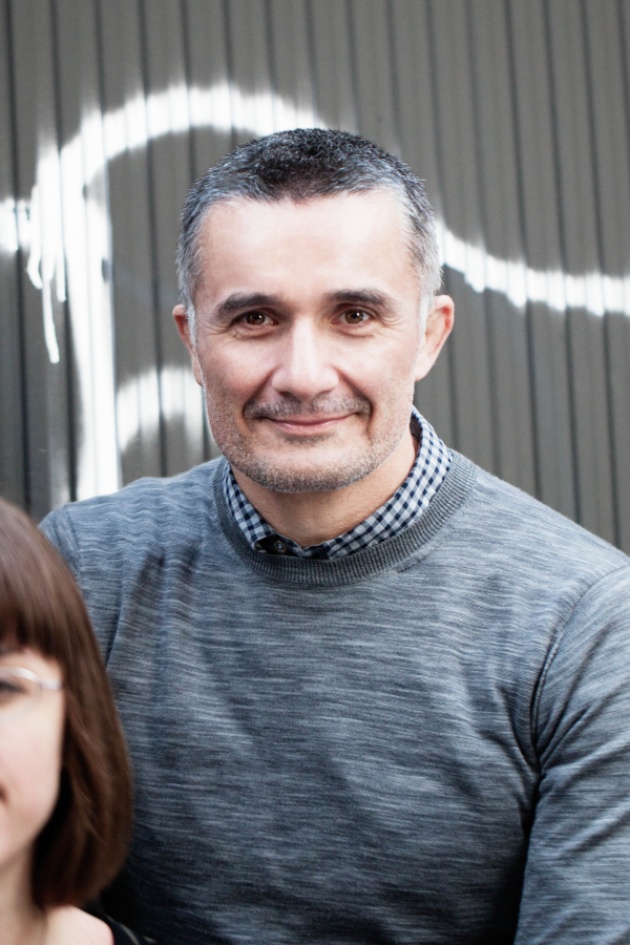 A recent article in the New York Times discusses the brand new Cornell NYC Tech school, a graduate school designed to teach applied science - the art of being a technological entrepreneur. The classes are taught by businessmen and women, and the students share space with businesses who’ve set up shop in the building, donated by Google. According to the article, “Cornell NYC Tech is not just a school, it is an “educational start-up,” students are “deliverables” and companies seeking access to those students or their professors can choose from a “suite of products” by which to get it.”
A recent article in the New York Times discusses the brand new Cornell NYC Tech school, a graduate school designed to teach applied science - the art of being a technological entrepreneur. The classes are taught by businessmen and women, and the students share space with businesses who’ve set up shop in the building, donated by Google. According to the article, “Cornell NYC Tech is not just a school, it is an “educational start-up,” students are “deliverables” and companies seeking access to those students or their professors can choose from a “suite of products” by which to get it.”
Surrounding the students with companies and corporations who seek to access them could restructure current theories about education. This game-changing school could set up a new model for education - if it can successfully navigate the barriers surrounding the culture clash. The school seems to be walking a fine line, potentially setting up students to work, unpaid, for businesses.
Daniel Huttenlocher, dean of Cornell NYC Tech, is all-too-aware of the potential issues and conflicts of interest this model could bring. He said,
“I think there are lots of risks in trying to bring what are fundamentally different cultures and sets of goals together. Companies need to make a profit. Universities have different motives — partly societal good, partly education — and that leads to different value systems.” He points out a possible ethical dilemma, saying, “[I]f a student that a faculty member is advising is working at a company that the faculty member has a financial interest in, is the faculty member really keeping students’ interests in mind?”
The school could potentially change the nature of academia, at least among a small subset of students. Whether or not this school-cum-business will usher in a new era of college education remains to be seen. The traditional model, many people believe, is no longer effectual in training students to face the modern-day truths of the working world.
remains to be seen. The traditional model, many people believe, is no longer effectual in training students to face the modern-day truths of the working world.
Of course, whether or not education works is a highly situational question. For example, Michael Sweeney, a managing partner at Film Annex Capital Partners, graduated from Boston College in 1984, going on to receive his M.B.A. in 1989 from The Johnson Graduate School of Management at Cornell  University. His “traditional” degree has helped him achieve his position today.
University. His “traditional” degree has helped him achieve his position today.
Francesco Rulli went the Steve Jobs and Bill Gates route. Francesco is a high school graduate from Florence Highpoints out, “It depends on the educational stage. For a kid that needs money tomorrow, it’s a different story than a trust fund kid who can stay in school forever.” Whether or not a typical education works depends on each person and their situation.
One place where a typical education could work quite nicely is in Afghanistan. Fewer men and women in Afghanistan have an education, which is why Citadel of New York LLC, along with Film Annex Capital Partners, have founded the Afghanistan Development Project. This initiative connects students in Afghanistan with others from around the world via the Internet and social media. There’s no question that a standard college education will help them succeed.
At the end of the day, the educational model students choose depends on what their needs are and what their background is. Some students can afford to pay nearly $50,000 a year to essentially work for free, while others, like those in Afghanistan, don’t have that luxury.



